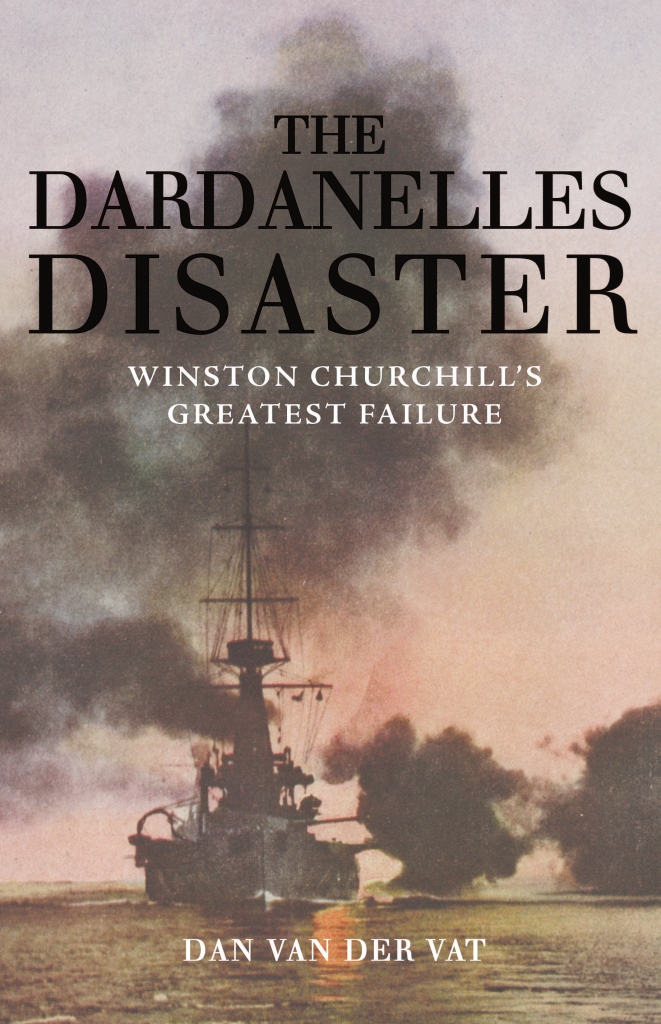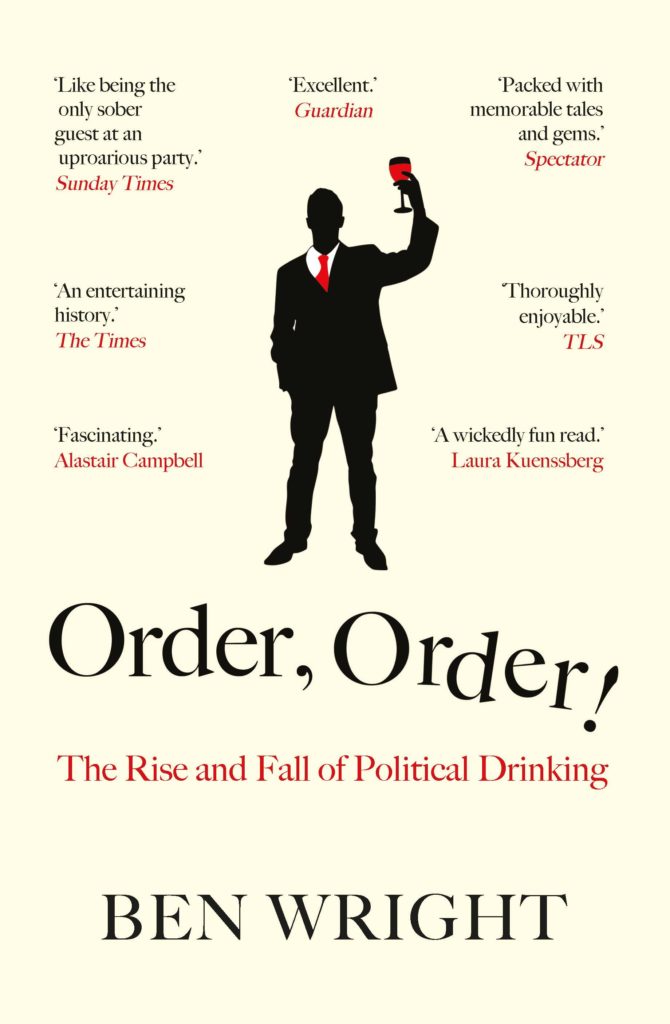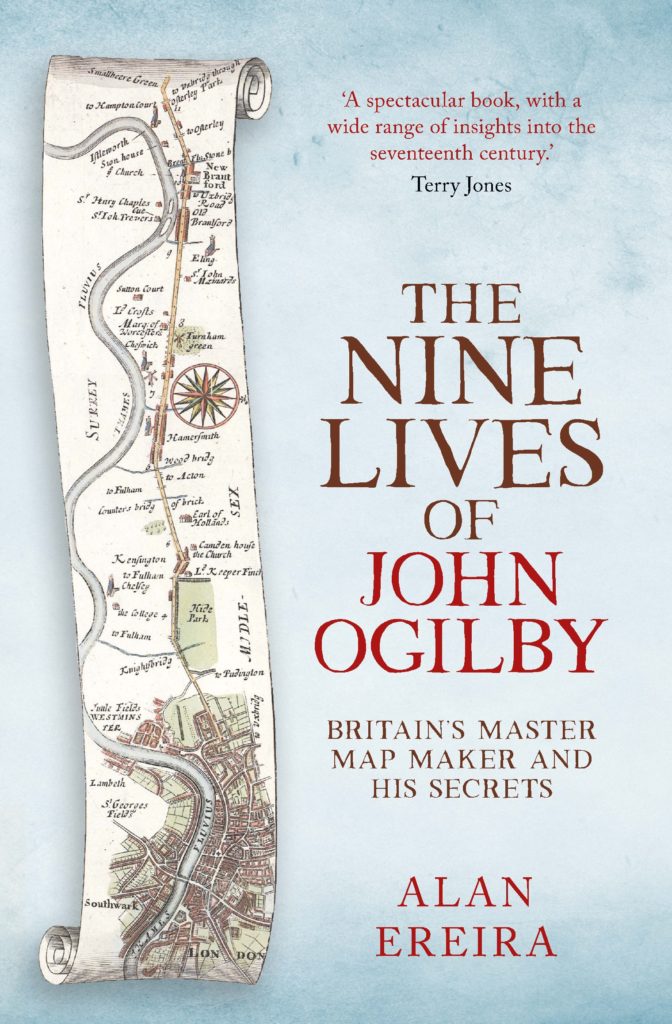
The British Navy’s failed attempt to capture Constantinople and secure a sea route to Russia in 1915 marked a turning point of World War I. Acclaimed naval military historian Dan van der Vat argues that the disaster at the Dardanelles not only prolonged the war for two years and brought Britain to the brink of starvation, but also led to the Russian Revolution and contributed to the rapid destabilisation of the Middle East.
With a narrative rich in human drama, ‘The Dardanelles Disaster’ highlights the diplomatic clashes from Whitehall to the Hellespont, Berlin to Constantinople, and St Petersburg to the Bosporus. Van der Vat analyzes then-First Lord of the Admiralty Winston Churchill’s response to the obstacles he faced and describes the fateful actions of the Turkish, German, and British governments throughout the Gallipoli Campaign. With detailed analysis of the battle’s events and never-before-published information on the German navy’s mine laying operations, ‘The Dardanelles Disaster’ tells a forgotten story from a fresh viewpoint, shedding light on one of World War I’s most pivotal moments – and in particular on one avoidable and monumental blunder.



